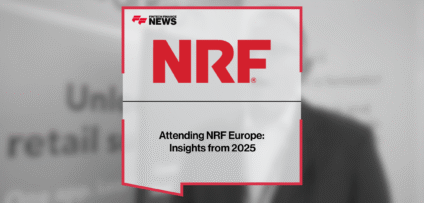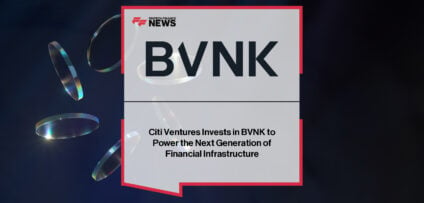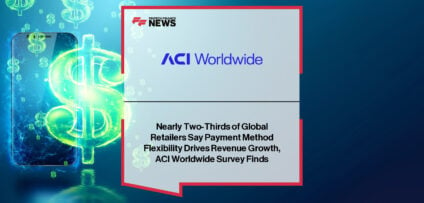Breaking News
The Future of Insurance Fraud Prevention from PwC | FF News at Insurtech Insights
In this conversation from Insurtech Insights 2024, Glen Marr, Financial Crime and Insurance Fraud director at PwC, shares insights into the industry’s challenges and how we can better mitigate fraud.
His insights highlight the importance of leveraging technology, reassessing strategies, and adapting to the digital age to effectively combat fraudulent activities. A lot of this is already underway as shown by stats in this PwC report.
One of the primary challenges in insurance fraud mitigation is the reliance on legacy technology systems. This has the double effect of providing a slower service and stagnating innovation, with legacy systems often eating up as much as 70-80% of IT budgets. In other words these outdated, layered systems, make the integration of new solutions complex and slow.
Incumbent insurers must adapt to keep up
The other main challenge facing insurers is that fraudsters adapt quickly, often outpacing insurers’ ability to respond. The shift towards digital distribution and claims handling, while beneficial, also creates new vulnerabilities for fraud.
Marr goes further to discuss operational constraints that further complicate the issue. Traditional nine-to-five fraud investigation models are inadequate; a 24/7 approach is necessary. Insurers need to reevaluate their risk management strategies, focusing on people, processes, and technology to identify what is truly effective. The goal is to reduce the loss ratio by effectively tackling fraud, thereby providing financial benefits to insurers. Tools that enable rapid identification and investigation of fraudulent activities, while minimizing false positives, are crucial.
It’s here that Clearspeed is introduced, as their product offers substantial advantages due to broad use cases, versatility and efficiency. He talks further about their partnership later in the conversation, expressing how successful their partnership has been, from teams working effectively together to receiving positive feedback from customers.
Looking to the future
Improving customer experience is another critical focus. Streamlining claims processes to expedite genuine claims and reduce friction for customers is essential. Technologies that can assess risk early in the claims process contribute to a better customer journey and operational efficiency. The insurance industry must adapt to the on-demand expectations of consumers, especially with the rise of digital claims handling. Insurers need to leverage digital advancements to stay competitive and meet customer expectations.
Artificial Intelligence naturally makes an appearance in the conversation as this is becoming more and more integral to enhancing operational efficiency. Automating administrative tasks allows skilled personnel to focus on more complex issues, improving overall effectiveness. Insurers are increasingly looking to balance the need for human expertise with the benefits of automation and AI-driven solutions. Reevaluating the effectiveness of existing fraud models and determining the optimal allocation of human and technological resources is necessary.
It’s a pivotal moment for the insurance industry, as identified by Marr. Be sure to watch the video above to find out where it’s heading.
- FreedomPay Drives Global Merchant Innovation Read more
- FIS Brings AI-Powered Advancements to Seamless, Personalized Digital Banking Experiences Read more
- Citi Ventures Invests in BVNK to Power the Next Generation of Financial Infrastructure Read more
- Nearly Two-Thirds of Global Retailers Say Payment Method Flexibility Drives Revenue Growth, ACI Worldwide Survey Finds Read more
- Ipswich Town Selects IFX Payments as an Elite Partner Read more




















